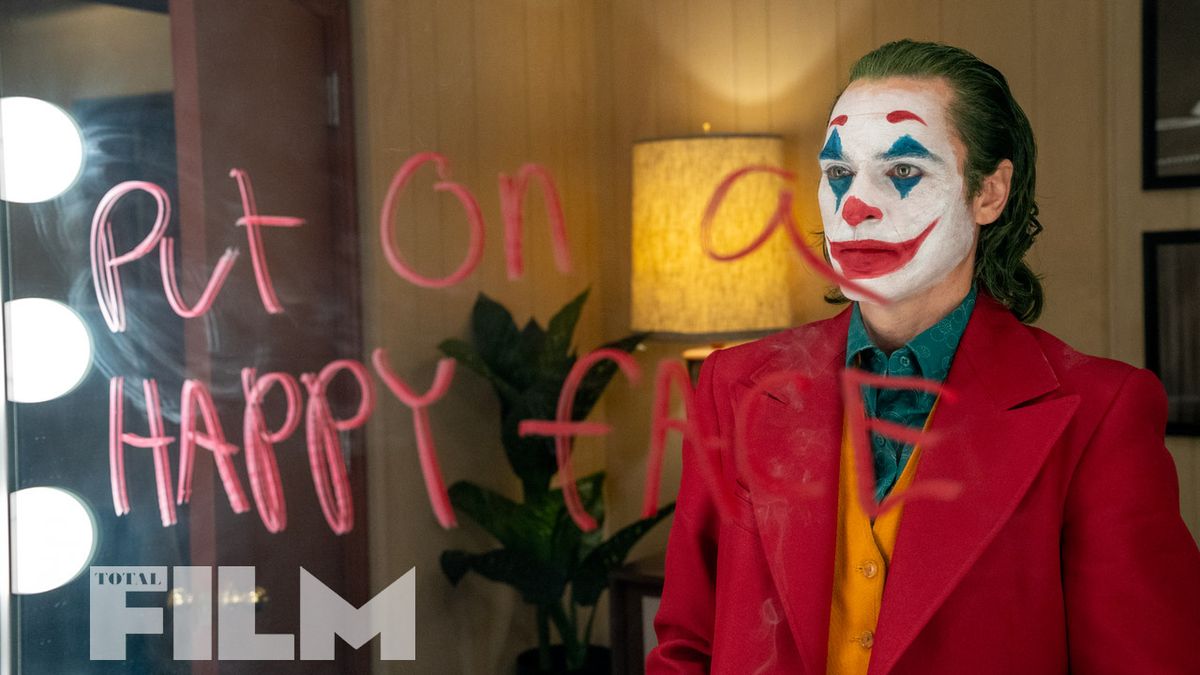12DOVE Verdict
More character study than comic book movie, and anchored by an Oscar-worthy Joaquin Phoenix, Joker is a bravura blockbuster that proves you don’t need superpowered scraps to dazzle.
Why you can trust 12DOVE
There’s a case to be made that the Joker didn’t need a definitive on-screen origin story, but two hours in the company of Joaquin Phoenix’s clown prince is guaranteed to put a (nervous) smile on your face. Going to deeper, darker and more disturbing places than any comic book movie to date, Joker isn’t just a captivating character study, it’s a superhero – or should that be supervillain? – movie like no other.
That last point is impossible to overstate. Joker is so radically different from contemporary comic book cinema – structurally, tonally and morally – that it has more in common with Taxi Driver and The King Of Comedy than it does with The Avengers or The Dark Knight. On multiple levels, it’s the most challenging, subversive and nihilistic comic book movie ever made. Needless to say, pint-sized Bat-fans should steer clear.
We’re introduced to Arthur Fleck (Phoenix) applying make-up in preparation for his day job as a clown-for-hire, his face contorted into a horrific half-smile, half-cry grimace – the result of a neurological condition that causes involuntary, pathological laughter. Arthur’s state-sponsored treatment is providing little relief, and that’s before the practice is shuttered. Living in a shabby apartment block with his infirm mum, and getting nowhere as a stand-up comedian, Arthur is treated with contempt or outright hostility by nearly everyone he encounters for being the way he is. But his life only truly starts to spiral after a violent encounter on a subway car kickstarts a terrifying transformation.
Mirroring Arthur’s descent is Gotham’s own decay. It’s 1981. Rubbish is piling up on street corners, ‘super rats’ are having their fill and Thomas Wayne (Brett Cullen) is running for mayor. Far from the altruistic entrepreneur of Bat-dads past, Cullen’s Wayne is a loathsome one-percenter who unapologetically declares Gotham’s citizens ‘clowns’ on TV. At a time when the obscene economic divide between rich and poor grows greater by the second, Joker has its finger on the political and social pulse in unexpectedly daring ways. Simply put, Gotham is a powder keg and the Joker is perfectly placed to light the fuse.
Clown jewel
It should come as little surprise that Phoenix is staggeringly good here. That he’s found a fresh take on a character as well worn as the Joker is one thing – that it feels just as definitive, in its own way, as Jack Nicholson and Heath Ledger’s indelible interpretations is another altogether. Physically and psychologically, it’s a horrifyingly funny performance. Losing 52lbs for the part, Phoenix twists his skeletal frame into unsettling configurations, while he runs in a broadly comic way that looks like he has oversized shoes stuck to his soles at all times.
Some may feel a tinge of disappointment that Phoenix’s harlequin of hate isn’t the fully formed, gleefully cruel, criminal mastermind of the comics – this is an origin story, after all – but there are several distinctly Joker-esque sequences we won’t spoil here. And Phoenix has found a Joker laugh that’s up there with the best – a glass-shattering, half-forced cackle which you assume Arthur workshopped as a contrast to the horrible hysterics he’s forced to endure on a regular basis. In one of the film’s more unusual, but inspired, choices, Arthur erupts into serene solo dance routines after moments of extreme trauma – a kind of calm after the storm – sequences shot so exquisitely by DoP Lawrence Sher that he makes Arthur gyrating in a grotty men’s bog look idyllic.
Crucially, where Jokers past have been defined by their humour and sadistic insanity, Arthur’s defining characteristic is that he’s mentally ill. Phoenix engenders such powerful empathy for Fleck that some of the horrifying setbacks he faces, including a mental health care system that profoundly fails him, are genuinely upsetting. Somehow, this deep sympathy persists even as Arthur starts to cross unconscionable lines. By the film’s charged, devilishly brilliant final act, you feel Fleck’s rage at the injustice of the world so overwhelmingly that while his actions can’t be justified, they’re clearly understood.
That Joker was directed and co-written by Todd Phillips – best known for the Hangover trilogy – makes this all the more remarkable. Phillips and the Ace of Knaves have turned out to be the perfect marriage of filmmaker and material; practically every choice is on the money. The early ’80s aesthetic is so convincing it almost feels like a film made by a Scorsese contemporary. The presence of near-omnipotent background noise – ringing phones, barking dogs, droning TVs – slowly sends you up the wall, reflecting Arthur’s own mental state. Chernobyl composer Hildur Guðnadóttir’s doom-laden score is sublime. And the precise deployment of numerous rug-pulling revelations only works because Phillips and co-writer Scott Silver are storytellers willing to kill DC’s golden geese.
If there’s a shortcoming it’s that, in taking inspiration so transparently from Scorsese’s late ’70s/early ’80s output, Joker is a film that exists squarely in Marty’s shadow. But it gets away with such brazen thievery by openly acknowledging it. In a knowing inversion of his role in The King Of Comedy, Robert De Niro plays a beloved late night host whose show Arthur dreams of appearing on, for example. Several supporting roles are also a little thin, Zazie Beetz as a neighbour who takes a shine to Arthur being the clearest example.
But this is the Joker show from first to last frame, and Phoenix brings the house down. Sure, he’s not performing magic tricks with pencils, or bringing Gotham to its knees with laughing gas, but this Joker is every bit as valid and fascinating as the ones before him, and works better for not being tied to a larger universe. If the result of the DCEU’s failure to hit on a successful, consistent tone in its films is radical standalones of this quality, it may be the once-struggling studio’s smartest move yet.

I'm the Deputy Editor at Total Film magazine, overseeing the features section of every issue where you can read exclusive, in-depth interviews and see first-look images from the biggest films. I was previously the News Editor at sci-fi, fantasy and horror movie bible SFX. You'll find my name on news, reviews, and features covering every type of movie, from the latest French arthouse release to the biggest Hollywood blockbuster. My work has also featured in Official PlayStation Magazine and Edge.
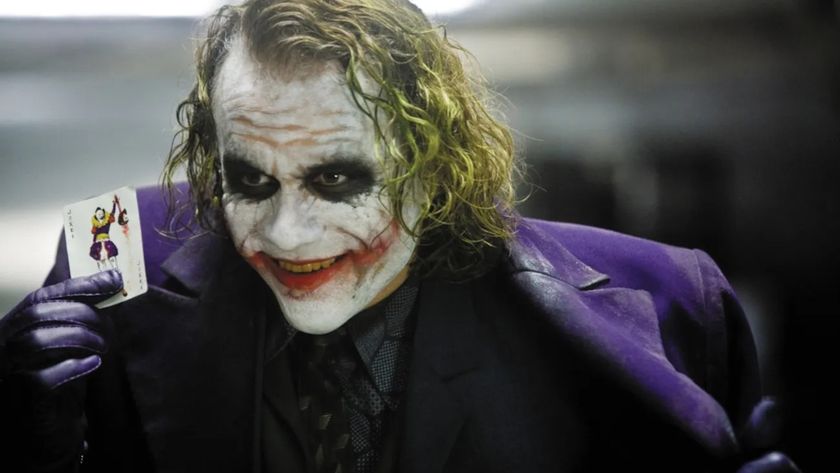
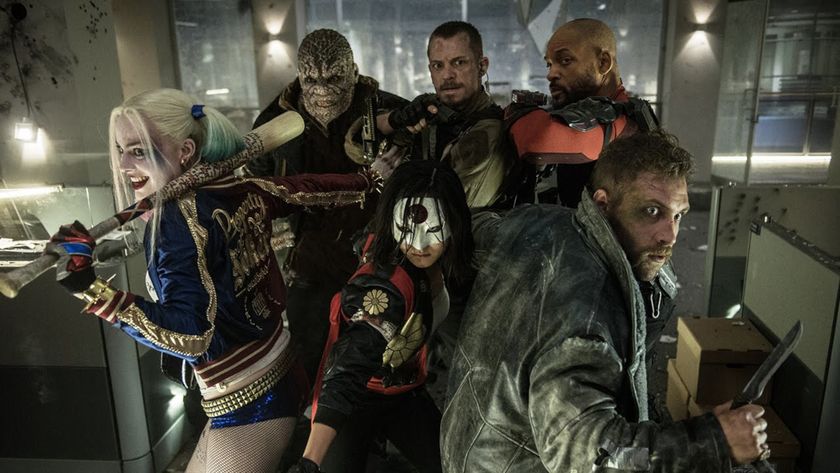
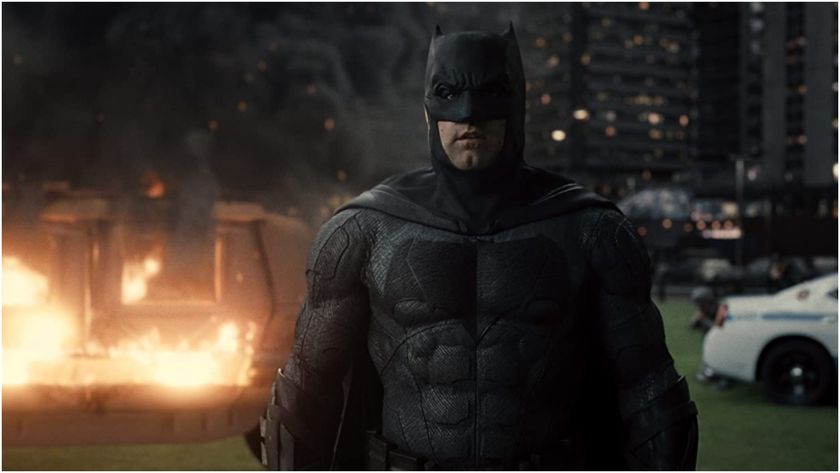
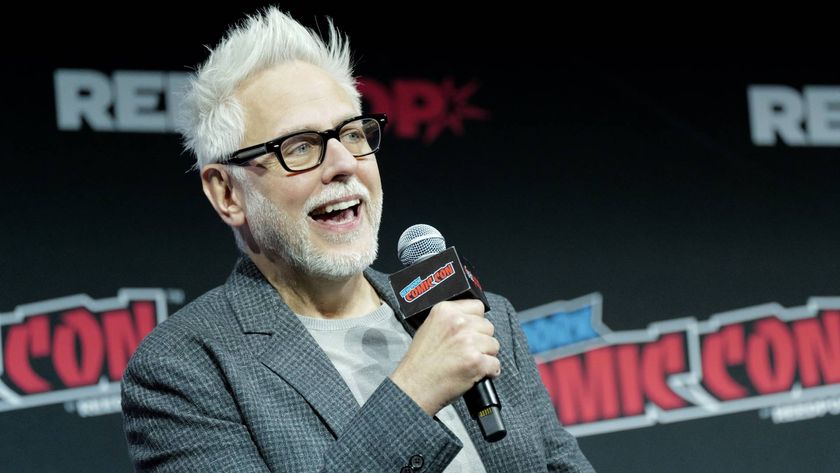
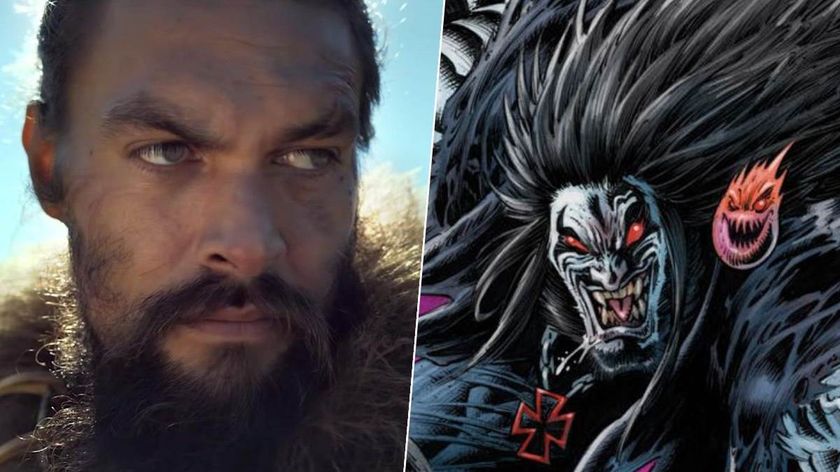
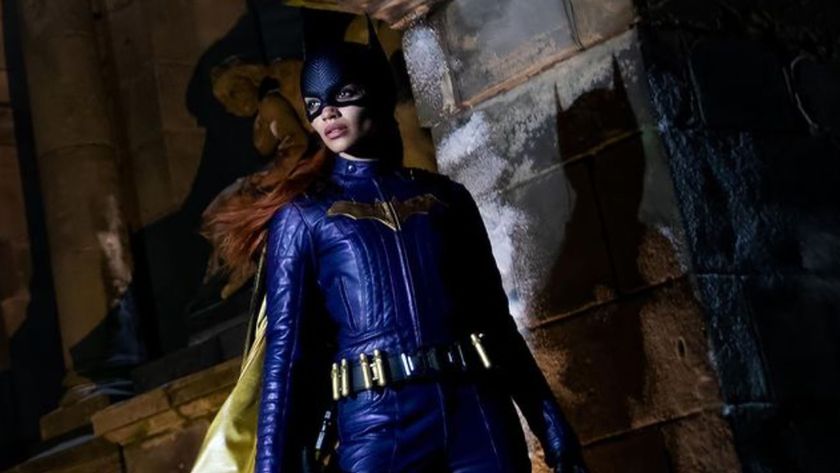







The surprise theme of today's Nintendo Direct was classic PlayStation franchises getting a comeback without Sony's involvement
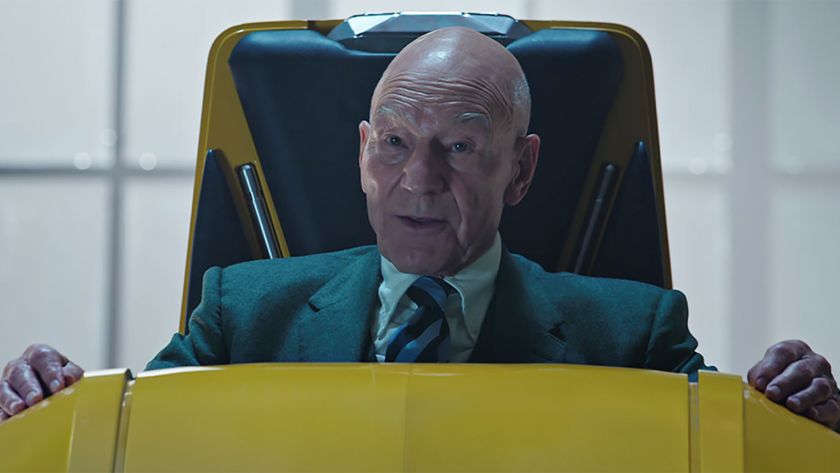
The classic Fox X-Men are returning in Avengers: Doomsday, and I've got a really bad feeling about this
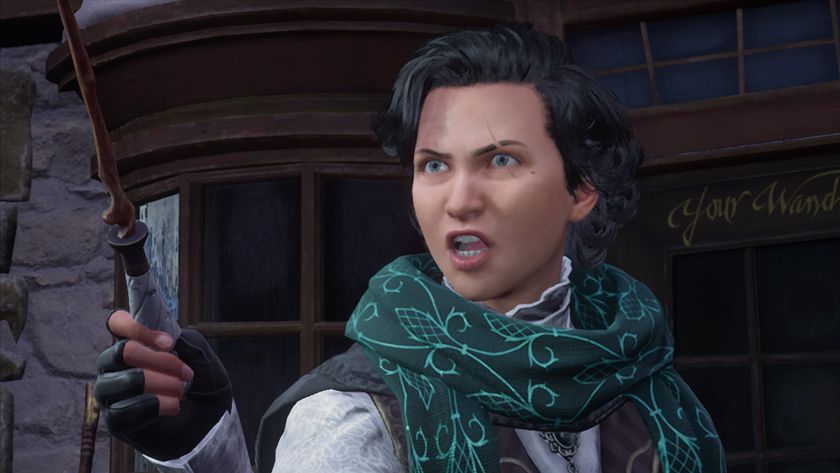
Unannounced Hogwarts Legacy DLC reportedly canceled, partly because the studio wasn't sure it'd be worth players' money

